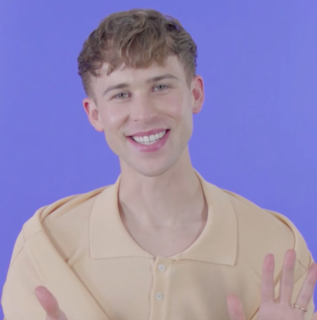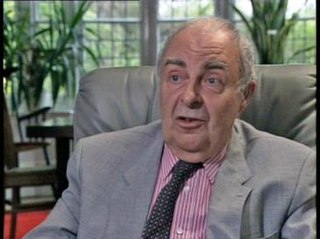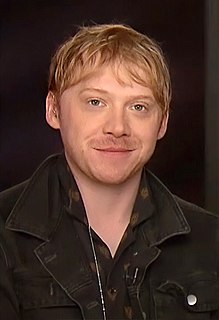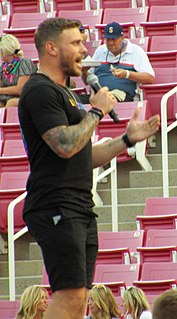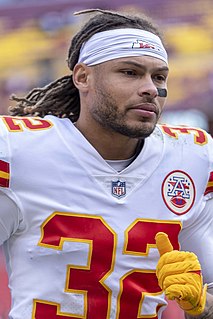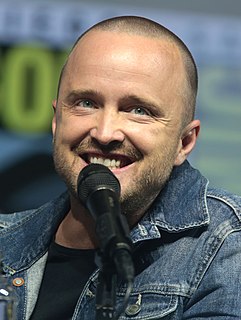A Quote by Tommy Dorfman
It was exciting to play a gay person in high school who's really proud of himself and isn't dealing with the sort of typical story line - the coming-out story - but is already out and sort of an advocate in his own way.
Related Quotes
I've had to try and find a way over the years of writing narratively that doesn't really require you to sit down and work out what the story's about. You're brought into a sort of sequence of images that have that emotional resonance, but it's kind of irrelevant what the actual story is. It's taken me maybe 13 albums or something to work that out.
The autobiographer looks at life through the lens of his or her own life and really uses herself or himself as the jumping-off place to examine the social mores and the economic and political climates. In a way, the autobiography becomes history as well as the story of one person, for it becomes the story of a family or the story of the state or nation.
When you do these things, you sort of take the journey. The journey is all about how I can interweave the Oscar Wilde story, the story of Salome, the play itself and what it is, what it contains, and my journey as an actor, as a director, as a filmmaker, as a person struggling with whatever I'm struggling with - my own celebrity, my own life. This is semi-autobiographical in terms of my commitment to this kind of thing.
I couldn't have articulated this process at the time; I just sort of did it instinctually. But now when I talk about this with my students all the time, it's one of the first things I address in memoir classes - that you have to put it all in because you're writing your way into the ending of your own story. Even if you think you know what the story is, you don't until you write it. If you start leaving things out you could leave out vital organs and not know it.
In high school I went to the Los Angeles County High School for the Arts. And this is like Fame. It's like that sort of prototypical, dancers in the hallway, theater students, musical students, art geeks. And it was a kindergarten in the truest sense of the world: a children's garden where I was able to sort of really come into myself as an artist, as a person, sexuality issues - like, all of this became something where there was a firming-up and a knowing that went on.
